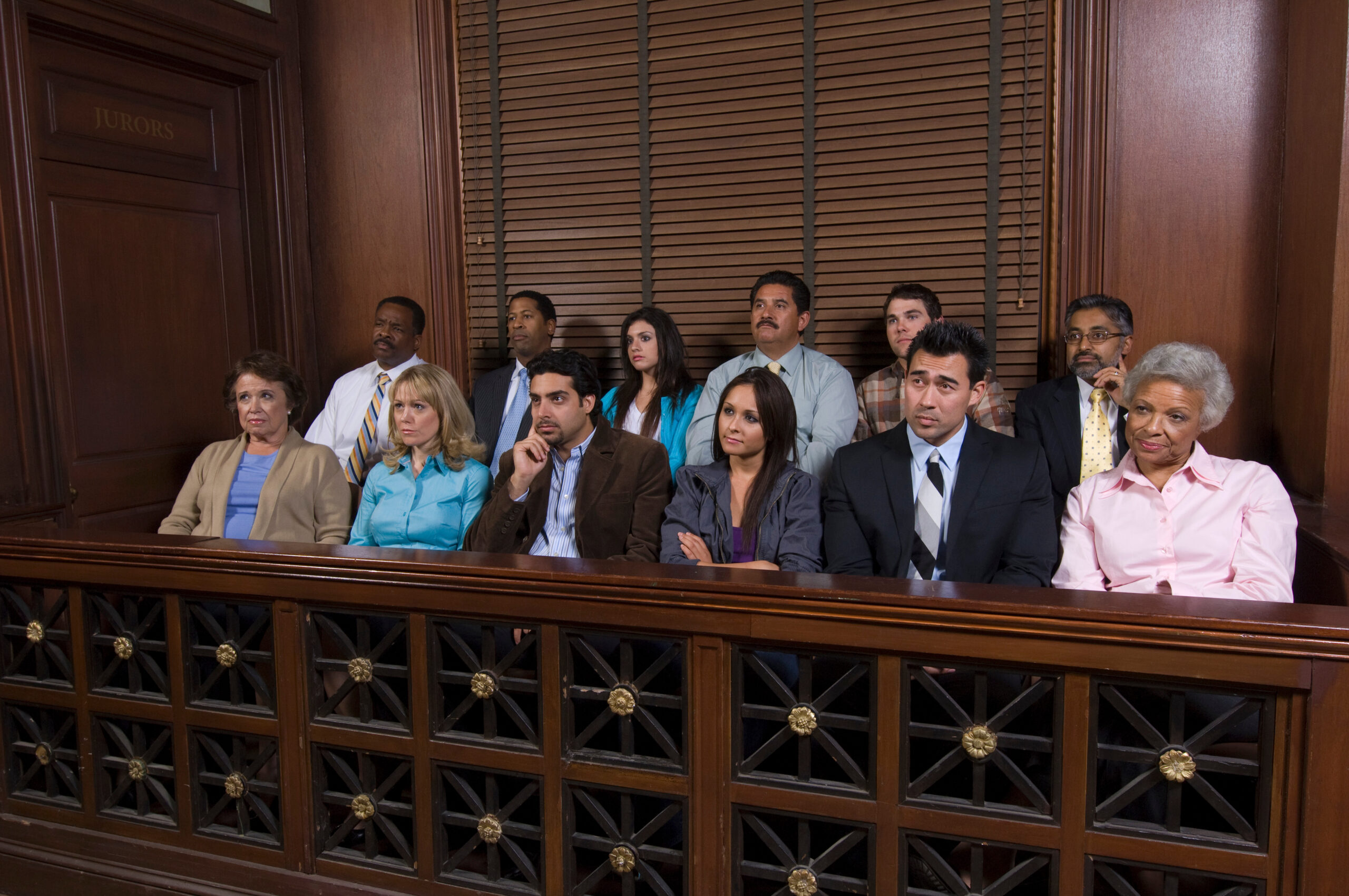A Trial lawyer knows that in the complex world of criminal law, plea bargaining serves as a crucial tool for both defendants and prosecutors alike. It is a negotiation process where defendants agree to plead guilty in exchange for reduced charges or a more lenient sentence. For many individuals facing criminal charges, the prospect of a trial can be daunting, both financially and emotionally. This is where plea bargaining comes into play, offering a potential lifeline to navigate the legal system more efficiently.
Stowell Crayk Law Firm understands the importance of plea bargaining as an essential component of criminal defense. In this comprehensive guide, we will walk you through the ins and outs of how to negotiate a plea bargain with the prosecution, empowering you to make informed decisions about your case.
1. Understanding the Basics of Plea Bargaining
Before delving into the negotiation process, it’s vital to grasp the fundamentals of plea bargaining. Essentially, plea bargaining is a negotiation between the defendant (or their attorney) and the prosecution. The goal is to reach a mutually acceptable agreement that benefits both parties.
Typically, a plea bargain involves one of the following scenarios:
- Charge Reduction: The defendant agrees to plead guilty to a lesser charge, which often carries a less severe penalty.
- Sentence Reduction: In some cases, your trial lawyer may suggest that you plead guilty to the original charge in exchange for a reduced sentence. This can involve shorter jail time, probation, or even community service.
- Charge Dismissal: In rare instances, the prosecution may agree to drop some charges against the defendant in exchange for a guilty plea on others.
Now that you have a basic understanding of what a plea bargain entails, let’s dive into the steps to effectively negotiate one.
2. Hire an Experienced Attorney
The importance of having a skilled and experienced attorney cannot be overstated. A lawyer with a deep understanding of criminal law and local court procedures can be your greatest asset during plea negotiations. They can analyze the strengths and weaknesses of your case, provide valuable legal advice, and negotiate on your behalf.
3. Gather and Review Evidence
Before entering negotiations, your trial lawyer will thoroughly review the evidence against you. This includes police reports, witness statements, and any other documentation related to your case. It’s crucial to have a clear understanding of the strengths and weaknesses of the prosecution’s case to make informed decisions during negotiations.
At this stage, your attorney may also seek to uncover any potential legal issues, such as violations of your constitutional rights or procedural errors in the case. Identifying such issues can provide leverage during negotiations and may even lead to the dismissal of charges.
4. Establish Your Goals
As a defendant, you must be clear about your goals and priorities. What outcome are you hoping to achieve through plea bargaining? Are you primarily interested in minimizing your sentence, avoiding jail time, or having certain charges dropped? Discuss your objectives with your attorney so they can tailor their negotiation strategy accordingly.
Keep in mind that plea bargaining is a negotiation, and compromises are often necessary. It’s essential to strike a balance between your goals and what the prosecution is willing to offer.
5. Open Lines of Communication
Effective negotiation requires open lines of communication between your attorney and the prosecution. Your attorney will typically initiate contact with the prosecutor assigned to your case to express your interest in plea bargaining. This initial contact is often informal and serves to gauge the prosecution’s willingness to negotiate.
Maintaining respectful and professional communication throughout the process is crucial. Avoid confrontation and hostility, as it can hinder productive negotiations.
6. Presenting Your Case
Your trial lawyer will present your case during negotiations. They will highlight the strengths of your defense, any legal issues that could benefit your case, and any mitigating factors that could justify a more lenient outcome.
It’s important to remember that the prosecution will also have their own arguments and evidence. Your attorney’s ability to counter these arguments effectively and present a compelling case in your favor is essential to securing a favorable plea deal.
7. Negotiate Strategically
Negotiations can be a lengthy and intricate process. It often involves multiple rounds of discussions, counteroffers, and concessions from both sides. Your attorney will employ various negotiation strategies to maximize the benefits of the plea deal.
Some common negotiation tactics include:
- Offering Information: Providing valuable information or evidence that could benefit the prosecution’s case in exchange for favorable terms in the plea deal.
- Highlighting Weaknesses: Emphasizing weaknesses in the prosecution’s case or legal issues that could lead to the dismissal of charges.
- Leverage Mitigating Factors: Demonstrating the presence of mitigating factors such as a clean criminal record, strong community ties, or evidence of rehabilitation to justify a more lenient sentence.
- Creative Solutions: A trial lawyer will work with you to explore alternative sentencing options, such as rehabilitation programs, counseling, or community service, to address the underlying issues without resorting to jail time.
8. Evaluate and Review Offers Carefully
Throughout the negotiation process, the prosecution may present various offers for you to consider. It’s crucial to review each offer carefully and consult with your attorney before making any decisions. Consider how each offer aligns with your goals and whether it represents a fair compromise.
Your attorney will provide guidance on whether the offer is favorable or if further negotiation is advisable. Remember that you have the final say in whether to accept or reject a plea deal.
9. Weigh the Pros and Cons
As you approach a final agreement, it’s essential to weigh the pros and cons of the plea deal. Consider the potential benefits, such as reduced charges or a more lenient sentence, against the drawbacks, such as admitting guilt and having a criminal record.
Your trial lawyer can provide valuable insight into the long-term consequences of accepting the plea deal, including its impact on your future employment, housing, and personal life. Make an informed decision that aligns with your priorities and circumstances.
10. Finalize the Agreement
Once both parties reach a mutually acceptable agreement, the plea deal is finalized in court. You will be required to plead guilty to the agreed-upon charges, and the court will impose the specified sentence or conditions.
Conclusion
Negotiating a plea bargain with the prosecution is a complex and delicate process that requires careful planning, strategy, and effective communication. The help and support of a trial lawyer can be invaluable in these kinds of situations.
Stowell Crayk Law Firm emphasizes the importance of having a skilled and experienced attorney to guide you through this process. By understanding the basics of plea bargaining, setting clear goals, and following the steps outlined in this guide, you can increase your chances of achieving a favorable outcome and minimizing the impact of criminal charges on your life. Remember that each case is unique, and a tailored approach is essential to secure the best possible result in your situation.

